Pushing the Boundaries: Health Insurance Considerations in the New World of Work-From-Anywhere
THE NEW WORLD OF REMOTE WORK
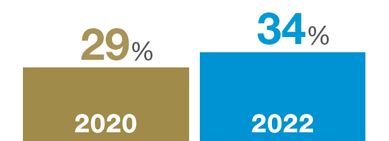
Percentage of people who have been on an international trip in the last 5 years
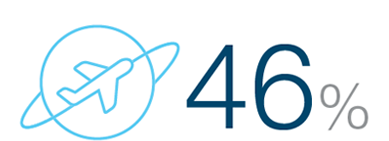
Nearly half are planning to travel internationally in the next 2 years
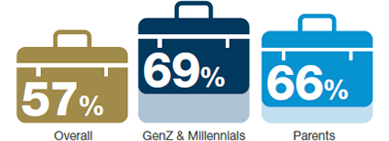
Percentage of people who plan to ramp up their international travel over the next 5 years
Remote work is here to stay, with many employees demanding the flexibility to work remotely, and employers supporting work-from-anywhere policies to attract and retain talent.
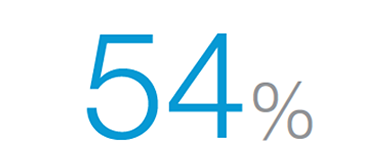
More than half of the global workforce would resign if they weren't offered remote and flexible work options

1 in 5 employees are likely to switch to a new employer in the next 12 months
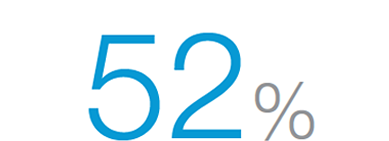
Over half would not only welcome the opportunity to work from anywhere, but also say it makes them happier and better at doing their jobs
Historically, the traditional digital nomad was an independent consultant/business owner or freelancer who opted for a lifestyle of working remotely outside their home country. Today, a digital nomad could just as easily be someone working for an employer who has made the personal choice to work abroad for a short period of time or as part of a workcation.
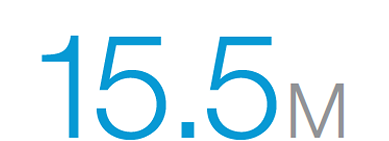
Number of American employees who described themselves as digital nomads in 2021, a 30% increase from 2020

2/3 of digital nomads are mainstream employees while the remaining 1/3 are freelancers

Number of Americans that are projected to become digital nomads in the next 2-3 years
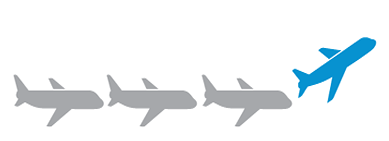
Nearly 1 in 4 digital nomads plan to travel internationally over the next year

At least 28 countries have created digital nomad visa programs

Number of American employees who report having the option to work from home for all or part of the week
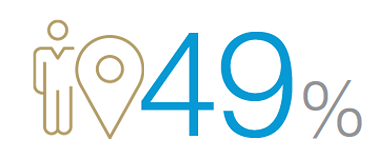
Percentage of companies that are supporting international remote work on a case-by-case basis
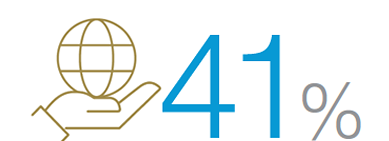
Percentage of companies surveyed that are considering a work-from-anywhere arrangement as a permanent option for all or part of their U.S. workforce

Percentage of U.S. travelers planning to add leisure days to future business trips
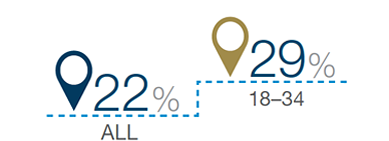
Percentage of employees who would rather travel internationally to work from different locations if their job allowed; this goes up to 29% for those aged 18-34
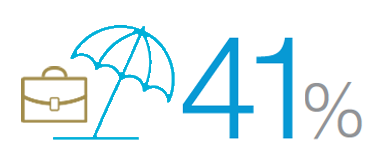
Percentage of corporate travel managers who have seen an increase in employees asking for "bleisure" (business + leisure) travel considerations

